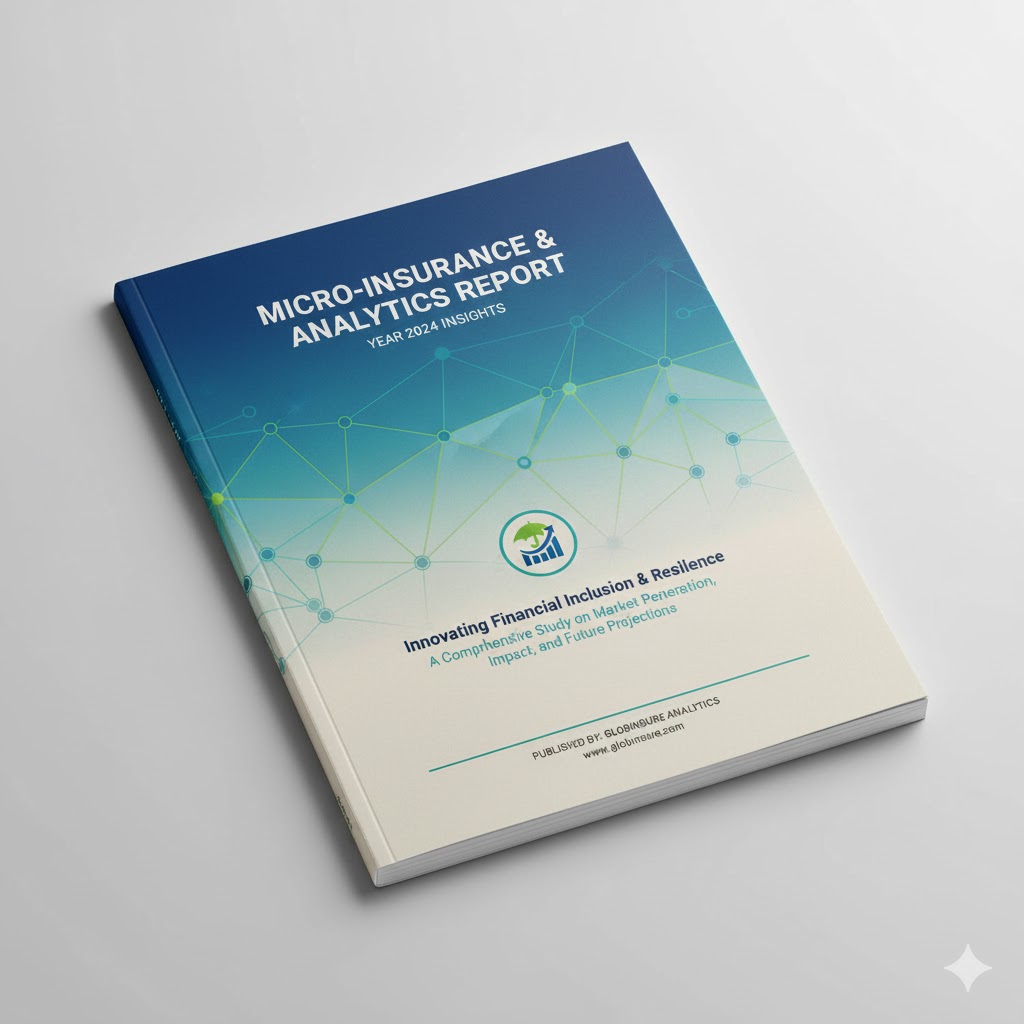Displaying 1 - 10 of 10

ACRE Africa provides micro-insurance products to strengthen farmer resilience
ACRE Africa partners with insurers to offer affordable index-based crop insurance to smallholder farmers. Uses weather stations and satellite rainfall data to trigger payouts automatically.
Fecha de emisión
2021
Temas
Asunto (Producto)
Región

Better Weather Protection for Tanzanian Farmers
One Acre Fund and Global Parametrics piloted an innovative weather-index microinsurance solution using the Water Balance Index for ~70,000 Tanzanian smallholder farmers. The parametric cover enabled timely payouts and improved resilience against drought and excess rain.
Fecha de emisión
2021
Temas
Asunto (Producto)
Región

Case brief: ALM SEGUROS
Case brief: ALM SEGUROS. This presentation introduces ALM Seguros as one of the pioneering microinsurance companies in Brazil. The company focused on delivering accessible life and funeral insurance to underserved communities, building trust through affordable premiums and simplified claims. The case illustrates how early entrants in the Brazilian market paved the way for inclusive insurance by aligning product design with local needs and regulatory frameworks.
Fecha de emisión
2021
Temas
Asunto (Producto)

Case brief: MIDAGRI
Case brief: MIDAGRI. The Peruvian Ministry for the Development of Agriculture and Irrigation (MIDAGRI) introduced agricultural insurance as a strategic policy tool to enhance the competitiveness of the agricultural sector. This led to the creation of the Seguro Agrícola Catastrófico (SAC), a public insurance program designed to protect smallholder farmers from extreme weather-related losses. The case outlines the structure of SAC, its implementation, and the government's role in building resilience through accessible, state-supported agricultural insurance.
Fecha de emisión
2021
Temas
Asunto (Producto)

Global Parametrics & One Acre Fund Provide Weather Protection for Tanzanian Farmers
One Acre Fund, a nonprofit that supports smallholder farmers, partnered with Global Parametrics to pioneer a new Water Balance Index protecting 70,000 farmers in Tanzania from drought and excessive rainfall. This index-based weather insurance enables fast, affordable payouts, strengthening farmers' resilience to a volatile climate.
Fecha de emisión
2021
Temas
Asunto (Producto)
Región

Making Access to Insurance Happen for People with Disabilities and Small Businesses and Micro-entrepreneurs
WFP piloted an inclusive weather-index insurance scheme for ~4,800 people in El Salvador, targeting women entrepreneurs and people with disabilities. The product enabled fast payouts during climate shocks and removed traditional credit-based enrollment barriers.
Fecha de emisión
2021
Temas
Asunto (Producto)

Making climate risk microinsurance work. Case Study: Kenya Agriculture Insurance Program (KAIP) with APA, Kenya
Information on the Kenya Agriculture Insurance Program developed in partnership with APA Insurance. The overview includes pricing structures, government subsidy mechanisms, challenges in implementation, delivery models, and overall performance metrics. The case outlines key lessons learned from executing a national climate risk microinsurance scheme in a Sub-Saharan African context and provides insight into scaling agricultural resilience through public-private collaboration.
Fecha de emisión
2021
Temas
Asunto (Producto)
Región

Making climate risk microinsurance work. Case Study: Philippine Crop Insurance Corporation (PCIC), Philippines
Case study of the Philippine Crop Insurance Corporation (PCIC) and its role in climate risk microinsurance. This diagnostic overview outlines PCIC's origin, goals, and subsidy model, and examines the challenges and performance of its delivery system. The paper also highlights pricing strategies, key operational hurdles, and practical lessons learned — contributing to a broader understanding of how public sector agricultural insurance can support resilience in Asia.
Fecha de emisión
2021
Temas
Asunto (Producto)
Región

Promoting access to insurance for people with disabilities and small and micro entrepreneurs – The case of El Salvador
In El Salvador, most small farmers and micro-entrepreneurs face frequent economic and climate shocks without adequate insurance. To bridge this gap, the World Food Programme and local partners are piloting an innovative insurance solution covering over 950 farmers and micro-entrepreneurs (46% women) against business interruption caused by excess rainfall, drought, or earthquakes.
Fecha de emisión
2021
Temas
Asunto (Producto)

WFP Southern Africa
WFP's R4 initiative insures 8,000+ households in Zimbabwe and Mozambique against drought, floods, and cyclones using area-yield and weather index insurance, in partnership with local insurers.
Fecha de emisión
2021
Temas
Asunto (Producto)
Región
